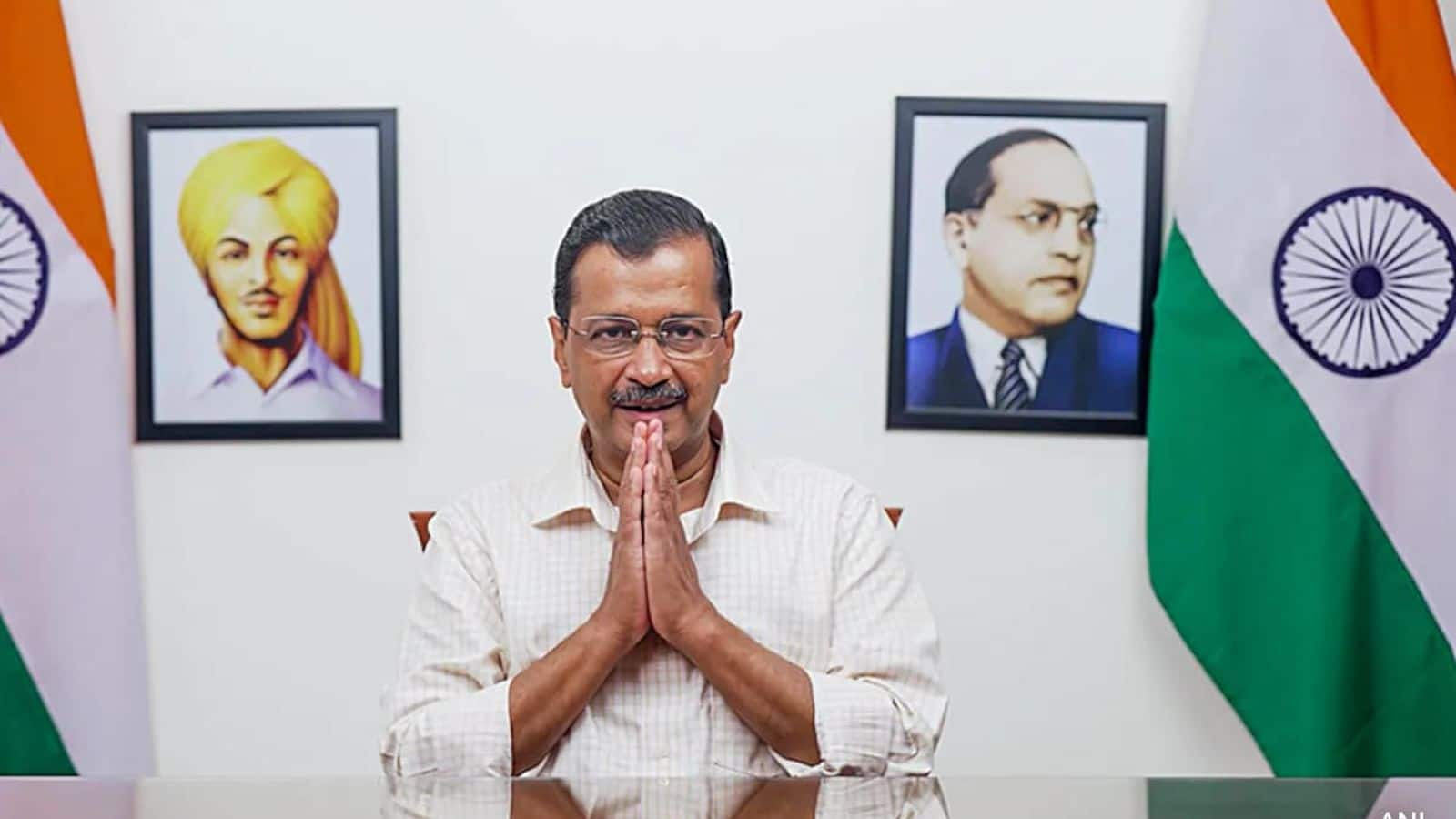
Kejriwal seeks Centre, BJP's help as Delhi water crisis deepens
What's the story
As Delhi faces a severe water shortage, Chief Minister Arvind Kejriwal has appealed to the Centre and the Bharatiya Janata Party (BJP) to encourage the Uttar Pradesh and Haryana governments to help meet the city's water needs. Kejriwal requested his BJP counterparts protesting against his administration to unite in providing relief for Delhi's residents. "Such scorching heat is not in anyone's control. But if we all work together, we can provide relief to the people from this," he added.
Public outcry
Residents express frustration over water shortage
Residents in various areas of Delhi, including Chanakyapuri's Sanjay Camp and Geeta Colony, are reporting acute water shortages. Despite reaching out to the government, residents claim their pleas have been largely ignored. One resident of Geeta Colony, Rudal, voiced his frustration saying, "It has become a very big problem...We have to buy the water to drink it." Another resident stressed the need for more tankers due to the large population in the area.
Emergency response
Delhi government takes emergency measures amidst water crisis
Kejriwal's government has also moved the Supreme Court seeking additional water supplies from neighboring states such as Haryana, Uttar Pradesh, and Himachal Pradesh. In its petition, the party stated that "Delhi's need for water has increased in the scorching heat," and fulfilling this need is a shared responsibility. The action came after Delhi Water Minister Atishi said the party will move an urgent application to the Supreme Court if the situation does not improve.
Political protest
BJP women workers protest amidst ongoing water crisis
Before approaching the apex court, the Delhi government had also imposed a fine of ₹2,000 for water wastage. To enforce this penalty, Atishi wrote to the Delhi Jal Board CEO, directing him to immediately deploy 200 teams across the region. They will crack down on car washing with pipes, overflowing water tanks, and using domestic water for construction or commercial uses. She also stated that any unlawful water connections at building sites or commercial establishments would be disconnected.